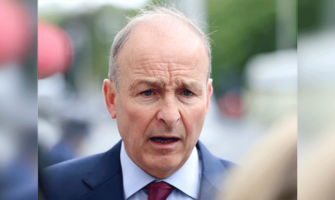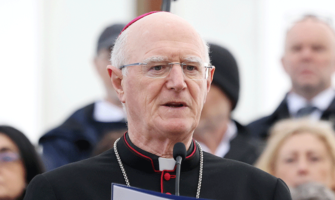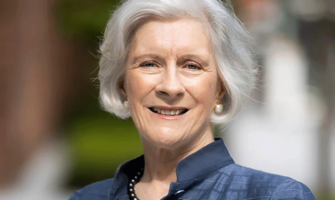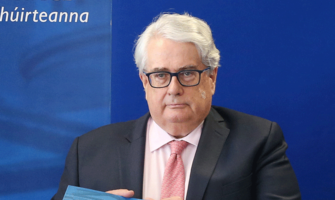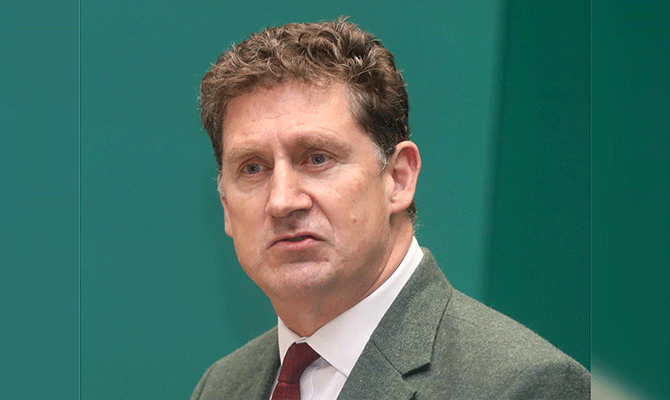
Eamon Ryan
In light of the PR trainwreck that was Sultan Al Jaber’s presidency of the Cop28 climate summit – including his extremely high-profile row with Mary Robinson – you’d imagine future host countries will steer clear of fossil fuel industry veterans when choosing their summit presidents. You’d be wrong. This year’s host, Azerbaijan, has announced that the Cop29 president will be Mukhtar Babayev, who worked for Azerbaijan’s state oil company for 26 years.
Having an oil man in charge for a second year running feels like another reassuring signal to the fossil fuel industry that it’s still in the driving seat. Will 2024 again be a year in which that industry’s supposed fight for survival looks more like world domination?
This was the first time fossil fuels even got a mention in the final Cop agreement, prompting headlines about the “end of the fossil fuel era”. In Ireland, that looks farther away than ever, judging by the massive budget increase the energy regulator has approved for Gas Networks Ireland (GNI) to meet “growing gas demand”.
The Commission for the Regulation of Utilities (CRU) made its announcement just three working days before Christmas. It’s heartening that when most of us are distracted by the festive season, the public servants tasked with managing public opinion are working hard to quietly release off-message news.
The new five-year investment plan for GNI amounts to €2.21bn, up more than €200m on the previous plan. Quite aside from the timing, the CRU’s press release is a masterclass in spin. On the one hand, the 300-plus pages of CRU documents explaining its decision paint an alarming picture of soaring gas demand and of Ireland as an EU “outlier in its gas demand trends”, and bluntly spell out that these “demand pressures” are “largely caused by new connections from data centres”.
But the press release manages not to mention demand, telling us instead that these billions are for decarbonisation, security of supply, new bio-methane connections etc.
And footing the bill for this data centre-driven budget increase will be domestic users, who’ll see an extra €10.54 on their annual bills.
The press office in Eamon Ryan’s department was also busy three days before Christmas, as it published the Government’s Climate Action Plan 2024. The timing meant there was little scrutiny, but Ryan got some media mileage from a bit of rather creative spin: “The figures this year are quite startling: our coal use is down 50% in power generation, our oil use is down 80%.”
This was a selective use of provisional year-on-year figures from the Sustainable Energy Authority (SEAI) for part of 2023. For context – from 2018 to 2022 the use of oil in power generation had jumped by a whopping 636%, while coal was up 15.3%.
But the standout figures from the SEAI’s recent ‘Energy in Ireland’ report are that, of Ireland’s total energy in 2022, 85.8% came from fossil fuels and 81.6% was imported. And it warned the pace of emission reductions is too slow to meet our climate obligations.






